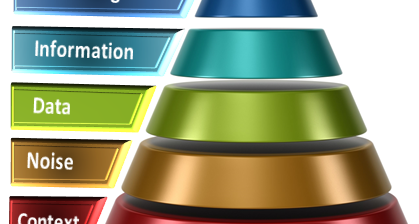Tag Archives: consciousness
22 Mar Common Sense and Thresholds

Finding Thresholds Threshold conditions are boundaries between states, and they exist everywhere, affecting everything. From a computational perspective, thresholds are a valuable tool for limiting the problem space to within manageable limits. In other words, knowing where the edges are can help us computationally color inside the lines. How could we determine a threshold? Observing, […]
19 Mar Fuzzy Logic Section Intro

Why do we find Mr. Spock, Commander Data or C3P0 so lovable? We have all known people like them: they are the ones who see the world in black and white. Spock had an excuse – he was a Vulcan who knew a lot. Computers, on the other hand, can be downright exasperating when they get […]
26 Feb Physiology of Learning to Generalize
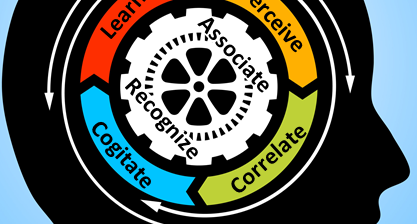
I began this blog heavily concentrating on the physiology of the brain, its cells and the way they interconnect. Learning and association are not dealt with much in those posts other than to describe ways in which the brain and its cells provide mechanisms for these activities. Many of the mechanisms of association are fairly clearly understood […]
25 Feb Discrimination, Association and Recognition
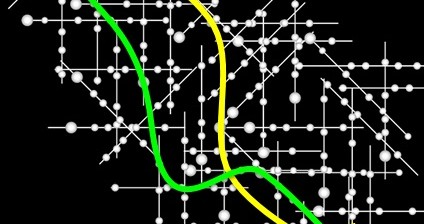
Discrimination Although discrimination has negative connotations, we do it every millisecond. We must discriminate between distractions and important information we see and hear. The environment is filled with ambient noise, sometimes so much so as to prevent understanding. Once we have filtered out the noise through discrimination, we must further discriminate between incorrect and correct interpretations of the […]
24 Feb Neural Network Perception
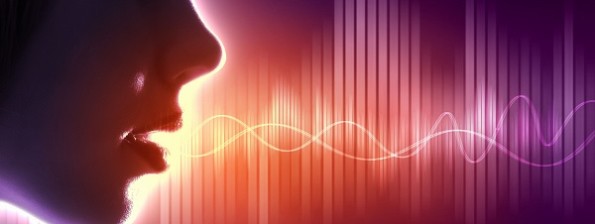
Feedback in Image Processing While the flow of electrical impulses in the brain triggered by visual stimuli travels sequentially through layers I then II then III of the visual cortex, this directional flow does not prevent impulses from other sources, including feedback loops within the visual cortex from contributing to our ability to process images. […]
21 Feb Pattern Recognition in Two Dimensions

Perceptual Grid We live in three dimensional space, and understanding three dimensions is critical to our ability to go places and do things, but we comprehend things in many dimensions. Our senses, however, tend to flatten things out. Images are projected on our light-sensitive retinas in exactly two-dimensional patterns. The rods and cones possess light-sensitive […]
20 Feb Learning Cause and Effect
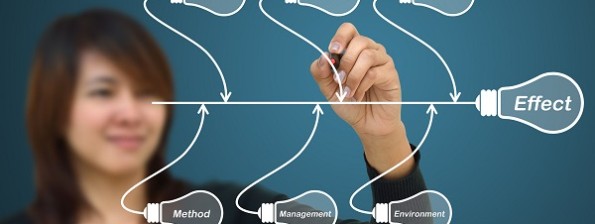
Sparks of Kinesthesia When does a person begin to learn about the relationships between things that happen? Does the brain have an innate capacity to make the connections necessary to associate outcomes with catalysts? At what point does a person begin to learn that she or he can affect outcomes in the real world? One […]
18 Feb Insanity, Perception and Consciousness
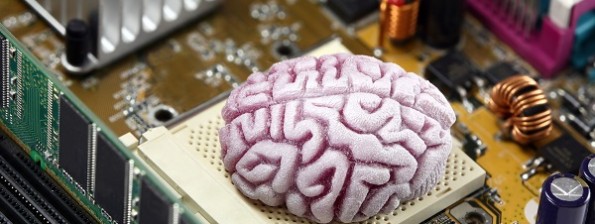
Have you ever heard voices, seen people and things others can’t see, perceived colors, sounds or sensations that weren’t really there? The human mind has amazing abilities, sometimes giving us more output than is present in the input. Is this insanity, creativity or a fluke? I can’t answer these questions in this blog, but as we […]
17 Feb Call in the Reinforcements

I think of learning like photography. The length of time of the exposure and the width of the aperture determine whether the film or digital array receives sufficient light to capture the image. The focus of the lens is important too. As adults, we can sometimes control the number of times we return to a […]





